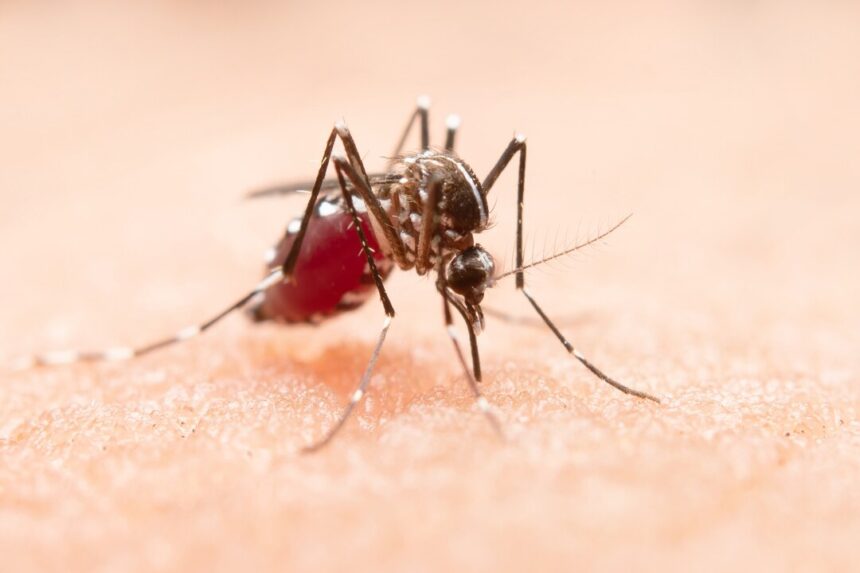The Zika virus, transmitted primarily through the bite of infected Aedes mosquitoes, has been a significant public health concern in recent years due to its association with serious birth defects and neurological disorders. While there is currently no specific treatment or vaccine for Zika virus infection, there are several preventive measures and management strategies individuals can take to reduce the risk of transmission and minimize its impact. Here are 10 effective ways to manage Zika virus:
1. Prevent Mosquito Bites:
Protect yourself and your family from Zika virus by preventing mosquito bites. Wear long-sleeved shirts, pants, and socks when outdoors, and use insect repellents containing DEET, picaridin, or oil of lemon eucalyptus. Use mosquito nets while sleeping and ensure windows and doors are screened to keep mosquitoes out of your home.
2. Eliminate Mosquito Breeding Sites:
Reduce mosquito populations by eliminating standing water around your home where mosquitoes breed. Empty or cover containers, such as flower pots, bird baths, and trash cans, that collect water. Keep gutters clean and free of debris, and regularly change water in pet dishes and outdoor fountains.
3. Practice Safe Sex:
Zika virus can also be transmitted through sexual contact with an infected person, even if they do not have symptoms. Use condoms consistently and correctly to reduce the risk of sexual transmission, especially if you or your partner have traveled to areas with active Zika virus transmission.
4. Avoid Travel to Zika-affected Areas:
Stay informed about Zika virus outbreaks and avoid traveling to areas with active transmission, particularly if you are pregnant or planning to conceive. If travel is necessary, take precautions to prevent mosquito bites and practice safe sex during and after your trip.
5. Seek Prenatal Care:
Pregnant women should seek regular prenatal care to monitor their health and the development of their baby. If you live in or have traveled to an area with Zika virus transmission, inform your healthcare provider, who can provide guidance on testing and monitoring for Zika virus infection.
6. Monitor Symptoms:
Be aware of the symptoms of Zika virus, which may include fever, rash, joint pain, muscle pain, headache, and red eyes (conjunctivitis). If you experience any of these symptoms, especially if you have traveled to a Zika-affected area, seek medical attention promptly.
7. Stay Informed:
Stay informed about Zika virus updates and recommendations from trusted sources, such as the World Health Organization (WHO) and the Centers for Disease Control and Prevention (CDC). Stay up-to-date on travel advisories and take appropriate precautions to protect yourself and your family.
8. Supportive Care:
If you are diagnosed with Zika virus infection, follow your healthcare provider’s recommendations for supportive care. Get plenty of rest, stay hydrated, and take over-the-counter medications, such as acetaminophen, to relieve fever and pain. Avoid aspirin and nonsteroidal anti-inflammatory drugs (NSAIDs) until dengue fever is ruled out to reduce the risk of bleeding.
9. Reduce Mosquito Exposure for Infected Individuals:
To prevent further spread of Zika virus, infected individuals should take precautions to avoid mosquito bites during the first week of illness when they are most infectious. Stay indoors, use mosquito nets while sleeping, and wear insect repellent to protect against mosquito bites.
10. Participate in Vector Control Efforts:
Support community efforts to control mosquito populations and prevent the spread of Zika virus. Participate in local mosquito control programs, such as insecticide spraying and larval control, and encourage your neighbors to do the same.
By following these 10 effective ways to manage Zika virus, individuals can protect themselves and their communities from the risk of infection and reduce the impact of this mosquito-borne disease. Stay vigilant, practice preventive measures, and seek medical attention if needed to safeguard your health and well-being.










